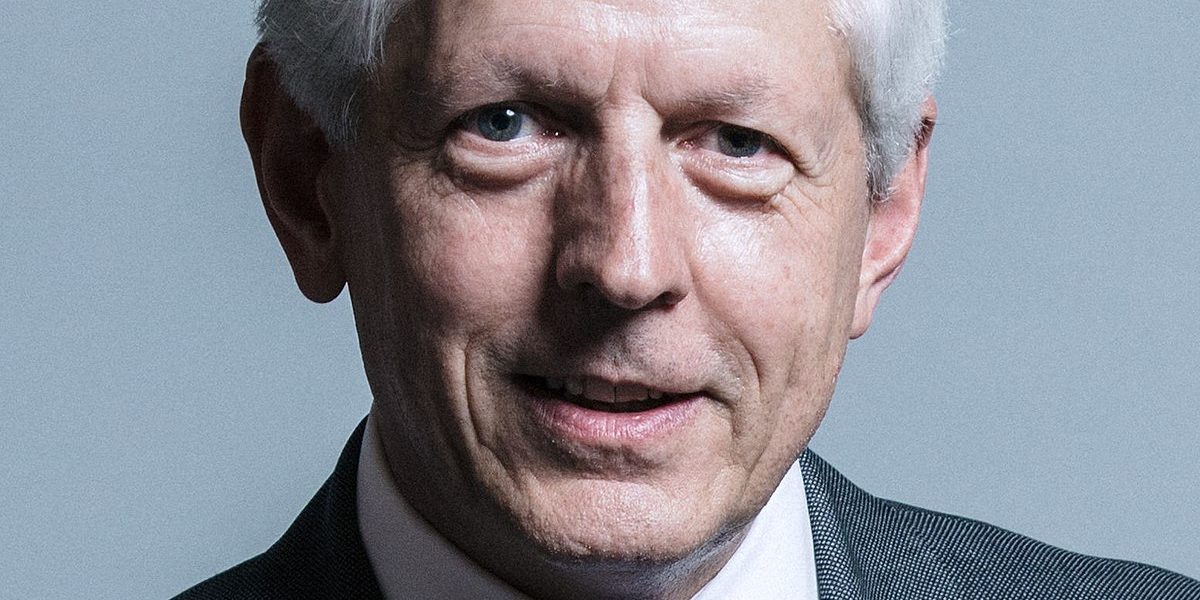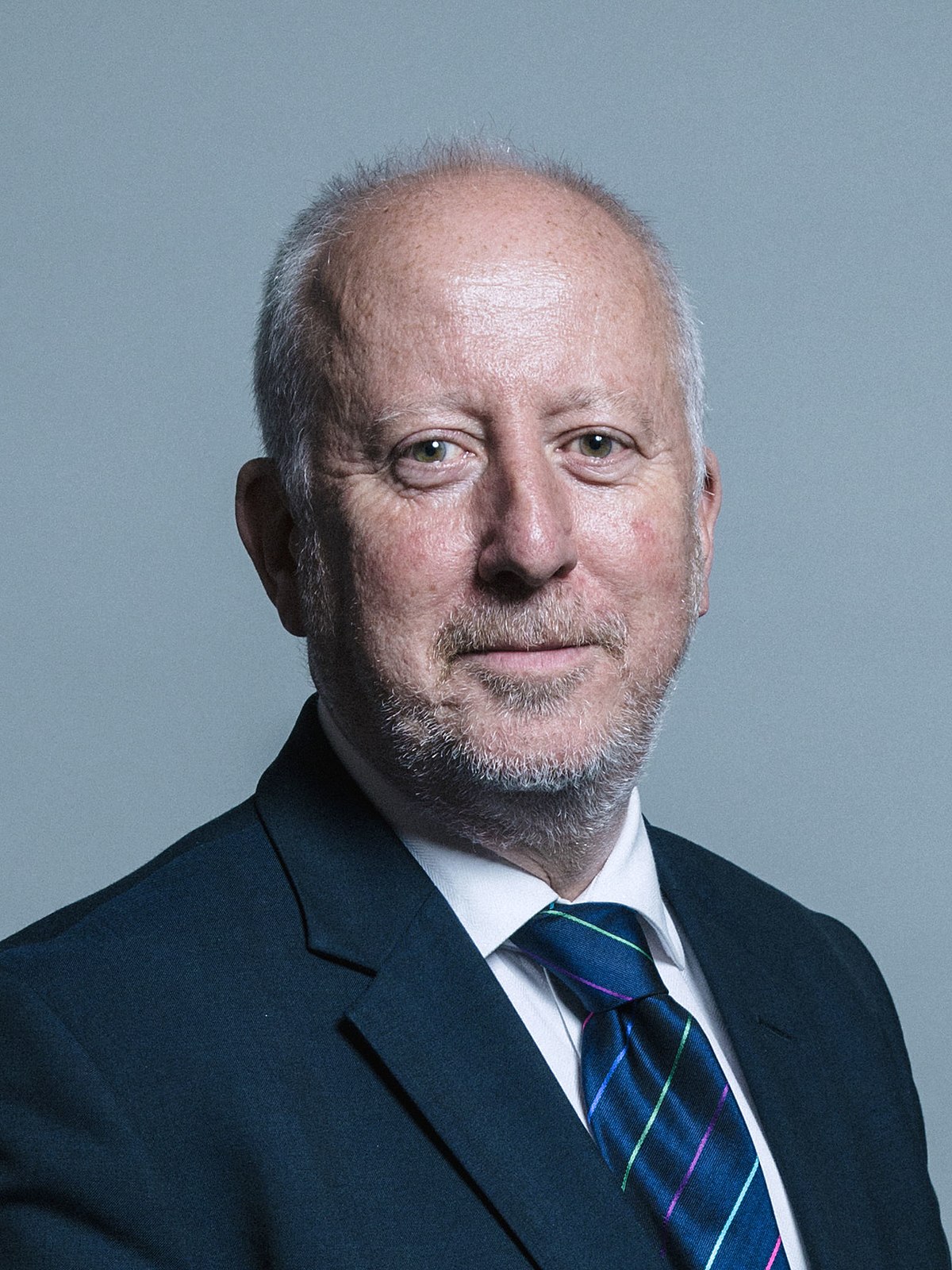Richard Graham – 2022 Speech on the State Pension Triple Lock
The speech made by Richard Graham, the Conservative MP for Gloucester, in the House of Commons on 8 November 2022.
What a treat to be the tail-end Charlie on the Government Benches, and it is a pleasure to follow the hon. Member for Barnsley East (Stephanie Peacock) and the very thoughtful speech from the hon. Member for North East Fife (Wendy Chamberlain), which shows that on the substance of the policy we all hope to hear announced on 17 November, there are few differences among the Members of different parties in this House. It is worthwhile, particularly with my hon. Friend the Member for Sevenoaks (Laura Trott) in her place—I warmly welcome her as the new Pensions Minister, and earlier she was sat beside the former long-serving Pensions Minister, my hon. Friend the Member for Hexham (Guy Opperman)—just to run through how and why we are where we are.
The truth is that the story starts in December 2010, five months after the coalition Government were elected to take over from the previous Labour Government of some 13 years. The then Pensions Minister, the former right hon. Member for Thornbury and Yate, Sir Steve Webb, introduced it by pointing out that the first thing he was doing was reintroducing the link between the state pension and earnings—something that Labour had unfortunately failed to do during its 13 years in government. It was wrong to do so, and he was right to reintroduce it, but he went further, with the full support of the coalition parties, and linked pensions to a new triple lock of earnings growth, inflation or a minimum of 2.5%. That promise was part of ensuring that we would never again see a weekly rise in pensions of just 75p, which has been much alluded to today. No one should ever underestimate the impact that that had on pensioners around the country.
Ruth Jones (Newport West) (Lab)
Can the hon. Member confirm that the triple lock was introduced as the result of a commission that was appointed by Gordon Brown, and Gordon Brown was the one who set up the reasoning behind and the institution of the triple lock, but it was the Government after him who actually introduced it?
Richard Graham
No; I am sorry, but that is a historical rewriting of facts that does not wash. Gordon Brown was Chancellor and then Prime Minister for all those 13 years. He had many, many opportunities to reintroduce the link to earnings and spectacularly failed to do so. With apologies to the hon. Member, I do not accept that. It is true that a lot of consultation went on at that time, but the fact is that the coalition Government reintroduced the link five months after coming into government. That is important, because the link is responsible for today’s state pension being worth over £720 a year more than inflation, which was the link under Labour. The whole point of the triple lock was that Labour’s policy was inadequate and had to be corrected by the new coalition Government.
Indeed, on 17 February 2011, at the first social security benefit uprating after the triple lock was introduced—the hon. Member for Newport West (Ruth Jones) will be interested in this—what did Labour Members do? They abstained—all of them except for 11, who voted against the uprating. Those who voted against included the right hon. Member for Hayes and Harlington (John McDonnell), who was shadow Chancellor at the time of the last Labour manifesto. Not one Labour Member, including the right hon. Member for Leicester South (Jonathan Ashworth), voted in favour of the uprating that came from the triple lock. They were wrong not to do so.
There was, of course, more to it, because the basic state pension has risen considerably, and as Sir Steve Webb put it then, the strengthening of pension credit enabled the Government to
“focus resources on the poorest pensioners.”—[Official Report, 8 December 2010; Vol. 520, c. 310.]
As he pointed out at that time, when both you and I were here, Madam Deputy Speaker, this is ultimately about
“a more appropriate, consistent and stable basis that is fair to individuals and the taxpayer.”—[Official Report, 8 December 2010; Vol. 520, c. 311.]
We come to the issue today. The Prime Minister and the Chancellor have both highlighted that in their decisions to be announced on 17 November, they will act fairly and compassionately. I have no doubt that they will, and for the avoidance of doubt, that does imply, to me, maintaining the triple lock—no Minister can possibly anticipate what might be announced in the future, as my right hon. Friend the Secretary of State rightly explained.
Over the last 12 years, the record of this Government is that they have introduced the triple lock and the important new policy of auto-enrolment for almost 20 million people, whereas Labour’s legacy is the 75p a week increase. That was not done while the right hon. Member for Leicester South was an adviser to Gordon Brown, but he has two more issues to face when the announcements of 17 November are made. In the Labour party’s 2019 manifesto, it committed to £58 billion for the Women Against State Pension Inequality Campaign group. I have warned that group time and again that it will be led up the path and nothing will be delivered. The shadow Secretary of State needs to answer on that, and he also needs to answer on what Labour’s policy will be on universal credit, which it pledged to abolish in its 2019 manifesto. For today, I agree: let us keep the triple lock.


